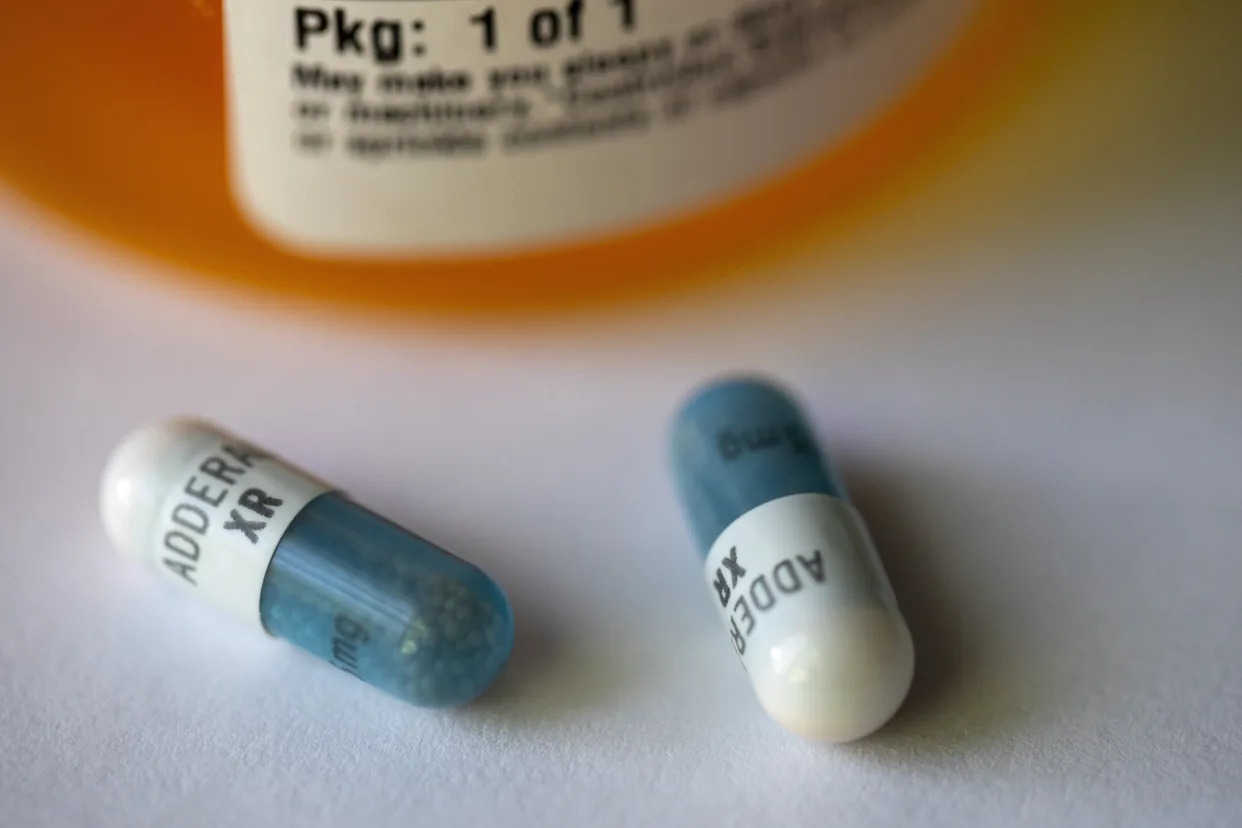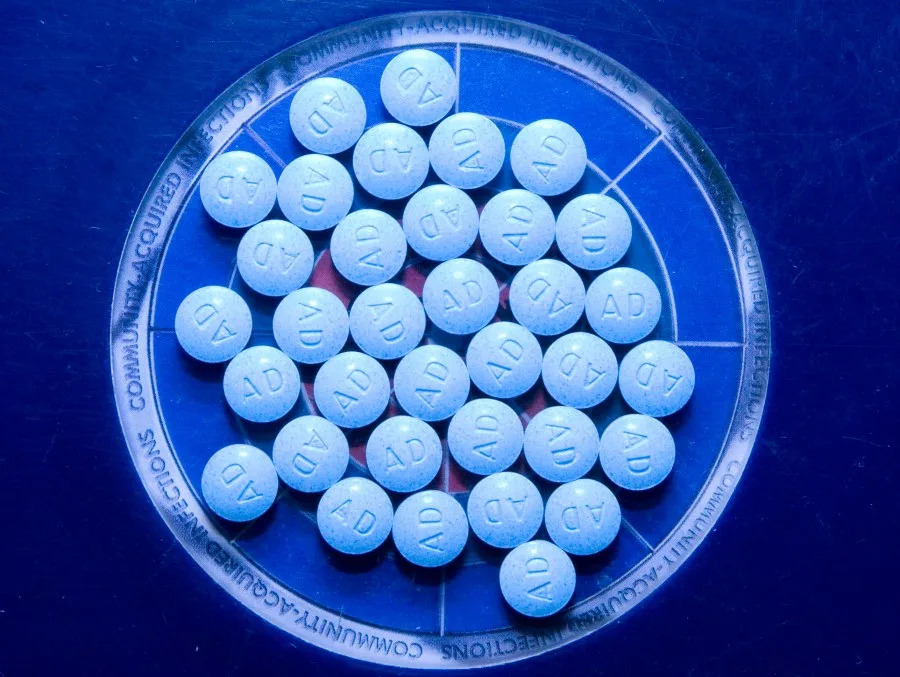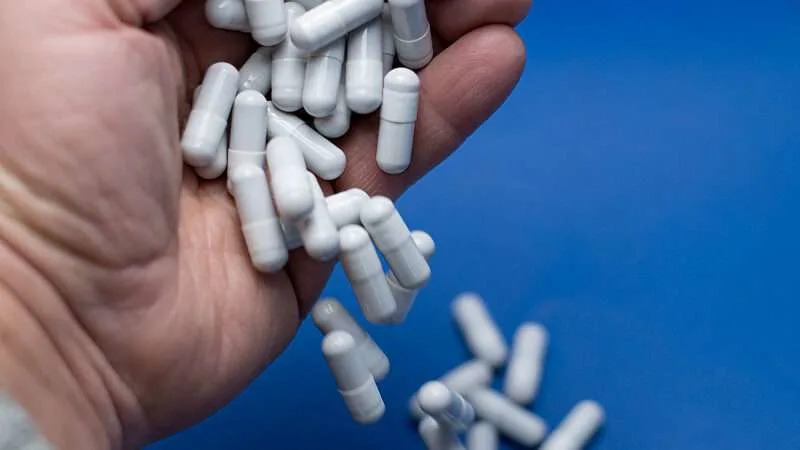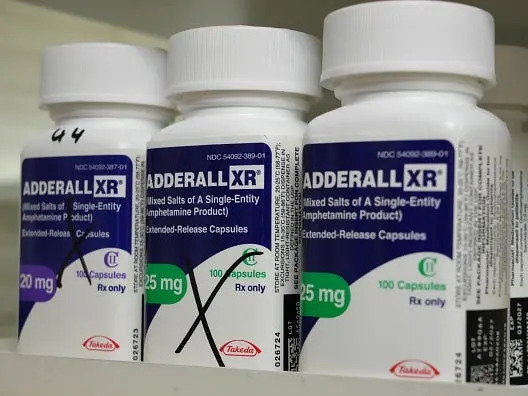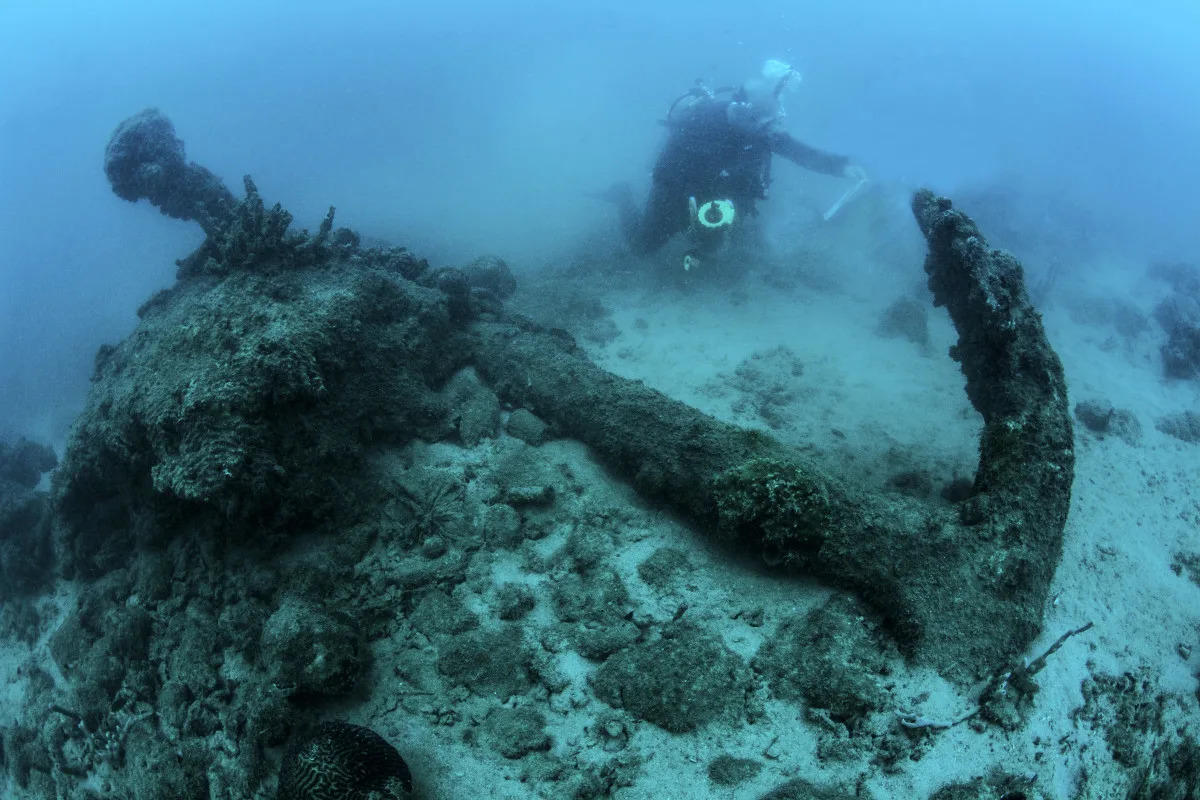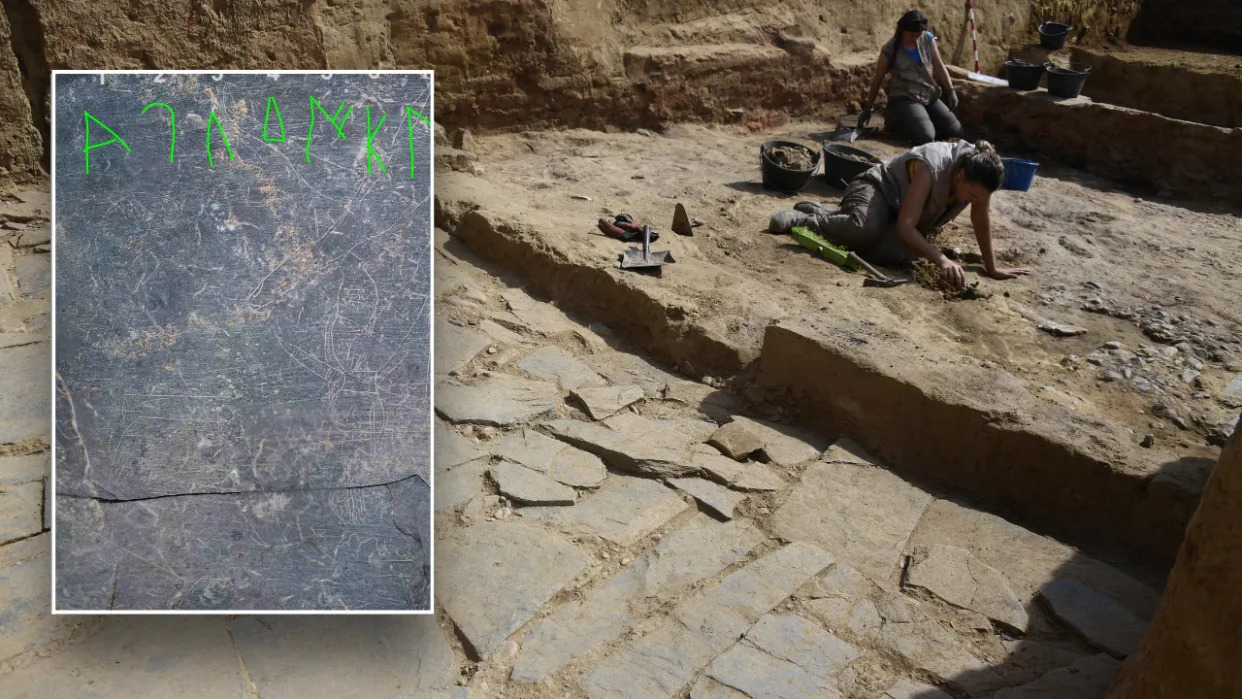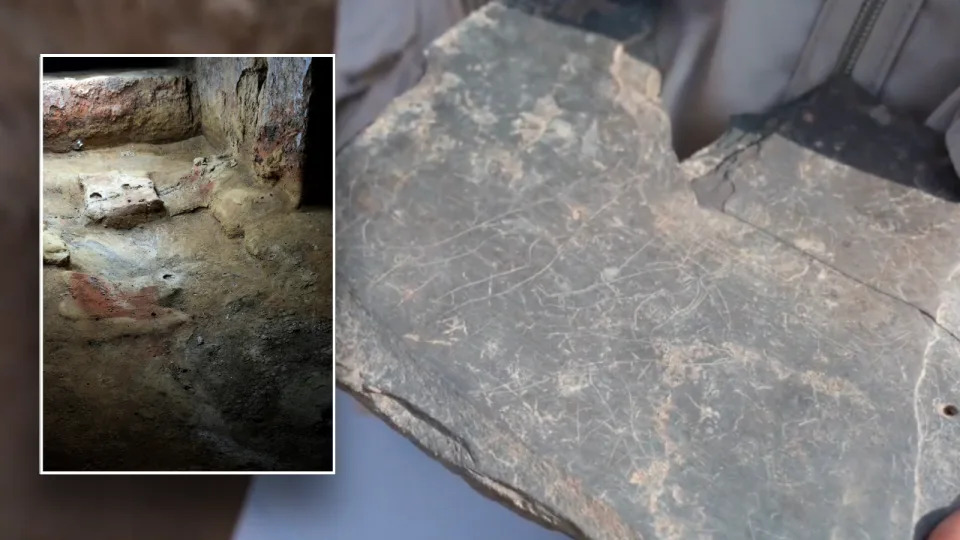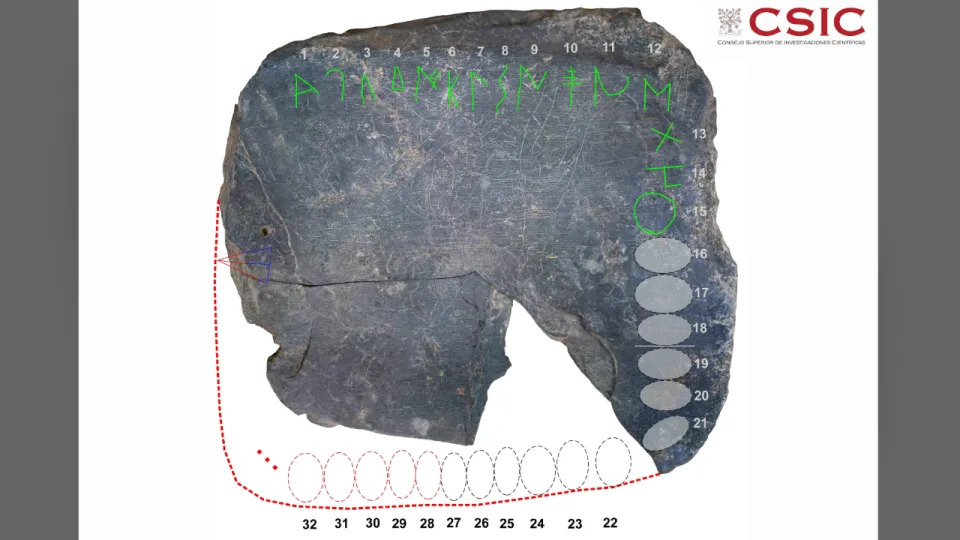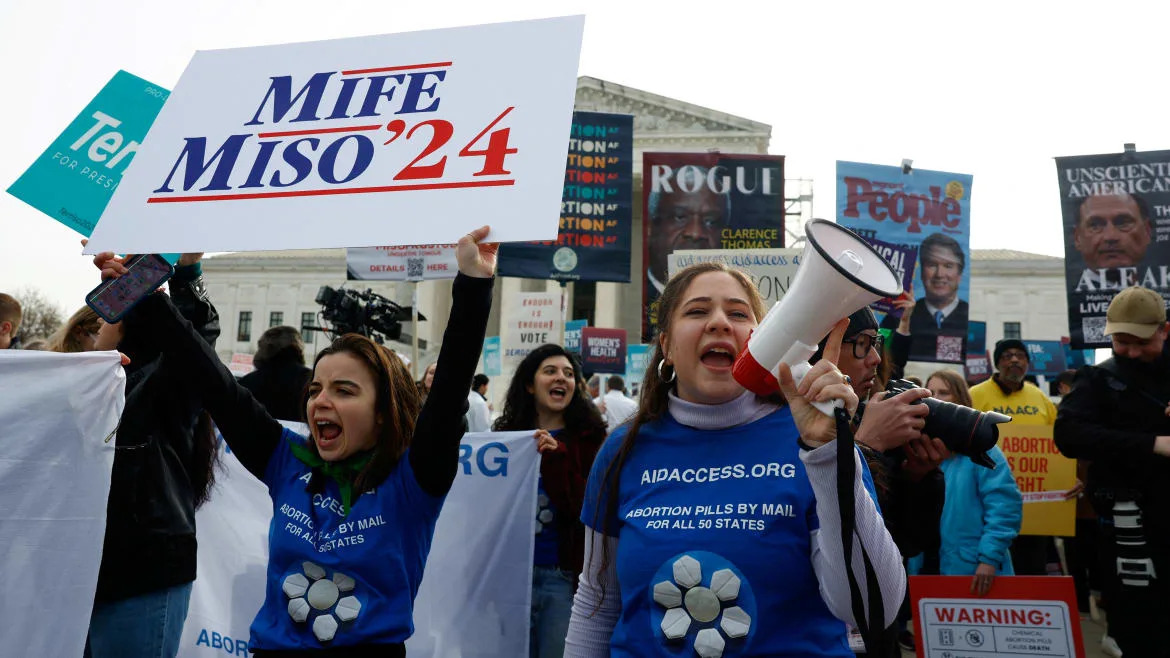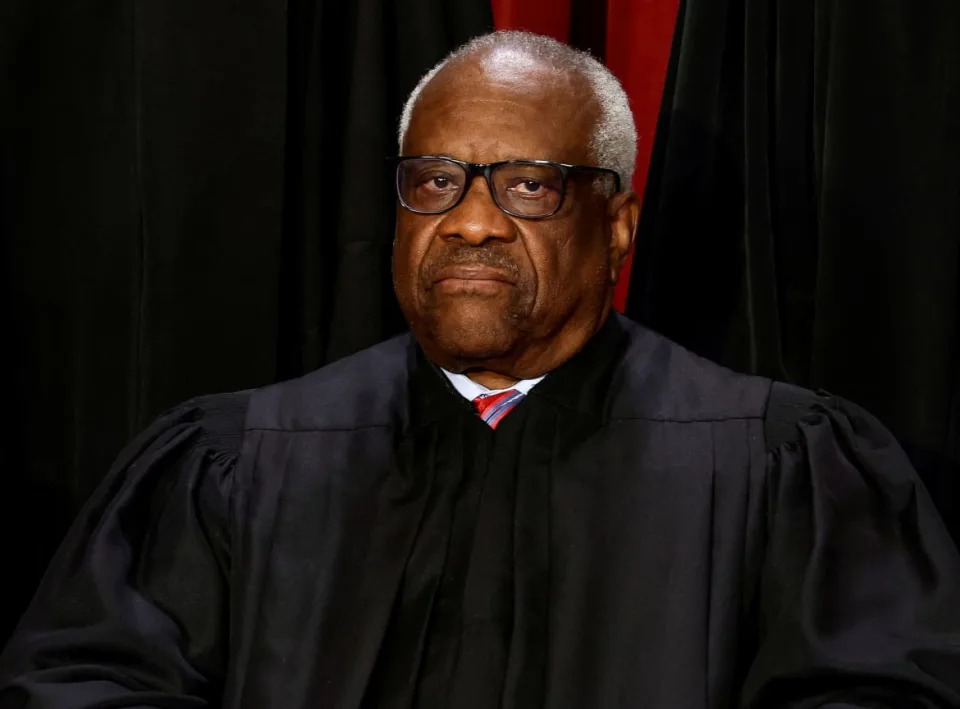Alex Woodward
Thu, 13 June 2024
Donald Trump’s closest congressional allies were forced to walk through protesters while they marched to meet with the former president during his first visit to the Capitol since a mob of his supporters stormed the halls of Congress on January 6.
Republican Reps. Lauren Boebert, Matt Gaetz, Marjorie Taylor Greene and Jim Jordan passed through protesters blasting them for their “failed coup” to reverse Trump’s loss in the 2020 election.
Others shouted out “bootlicker” and “don’t drink the Kool-Aid.”
Another protester in a bear costume held up a sign reading “bigger tax breaks, bigger profit.”
Lawmakers met with Trump on Thursday at the Capitol Hill Club, where a pipe bomb was discovered on January 6, 2021, when Trump’s supporters broke through police barricades and Capitol windows and doors to stop Congress from certifying 2020 election results.
Federal law enforcement is still searching for a suspect.

Lauren Boebert walks past a ‘failed coup’ sign on her way to a meeting with House Republicans and Donald Trump at the Capitol Hill Club on June 13. (Getty Images)
The former president – who is criminally charged in Washington, DC, and in Georgia for his failed efforts to overturn those results, and for his failure to stop the mob – returned to the nation’s capital for the first time on Thursday since a jury convicted him in New York for his conspiracy to influence the outcome of the 2016 race.

Marjorie Taylor Greene walks past a protester in a bear costume before a meeting with Donald Trump at the Capitol Hill Club on June 13. (AP)
He is expected to meet with GOP leadership in the House and Senate, including Senate Minority Leader Mitch McConnell, who hasn’t been in the same room with Trump since 2020.
GIVES THE FASCIST FIST SALUTE

Matt Gaetz heads to a meeting with House Republcians and Donald Trump at the Capitol Hill Club on June 13. (Getty Images)
In his meeting with House Republicans, Trump reportedly brought up Taylor Swift, praised Dwight D. Eisenhower as “the king of deportations,” and dumped on Milwaukee – where Republicans are expected to formally elect him as the GOP’s nominee to face Joe Biden in November – as a “horrible city.”
“President Trump talked about the specific strategies he was going to use to ensure that Trump voters show up in November and that they go all the way down the ticket,” Gaetz told reporters outside the Capitol Hill Club. “He was there to really let Republicans know that he was there to elect big majorities in the House and the Senate, and that he thought that would be essential to getting his agenda accomplished.”

